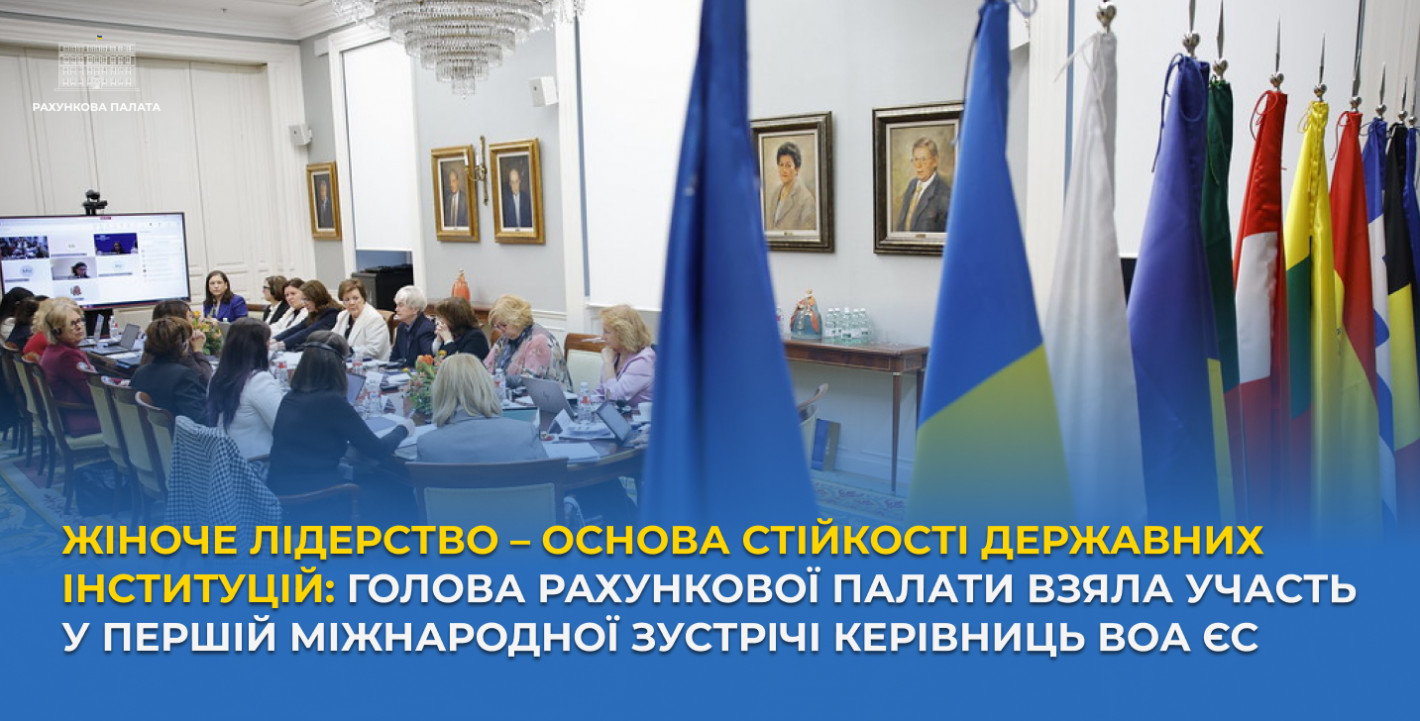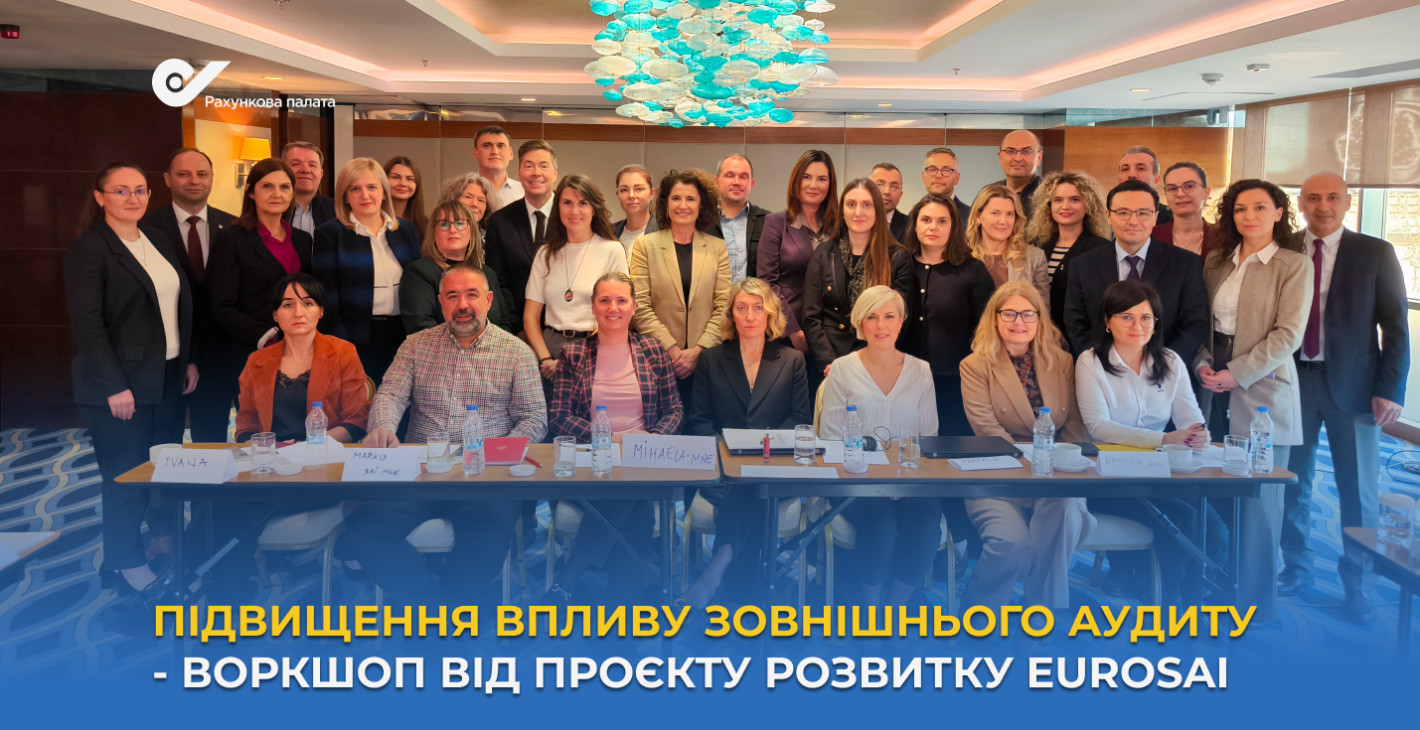The goal of the training held on 2-10 September in Krakow (the Republic of Poland) was improving the practical competencies of auditors, in particular, skills in developing audit design matrices, collecting evidence and forming an auditor’s opinion, writing a report and reviewing quality control.
Throughout the event, under the advisory support of the experts from the GAO's Center for Audit Excellence (CAE), Joseph Christoff and Eileen Larence, the participants worked on three planned audits of the Accounting Chamber of Ukraine, which are at their preparatory stage:
- ‘Humanitarian Demining of Agricultural Land in Ukraine: Restoring Security and Ensuring Food Stability’;
- ‘Compliance Audit on the Development of Administrative Services and their Digitalization’;
- ‘Efficiency of the Economic Security Bureau of Ukraine in Counteracting Offences that infringe on Functioning of the State Economy’.
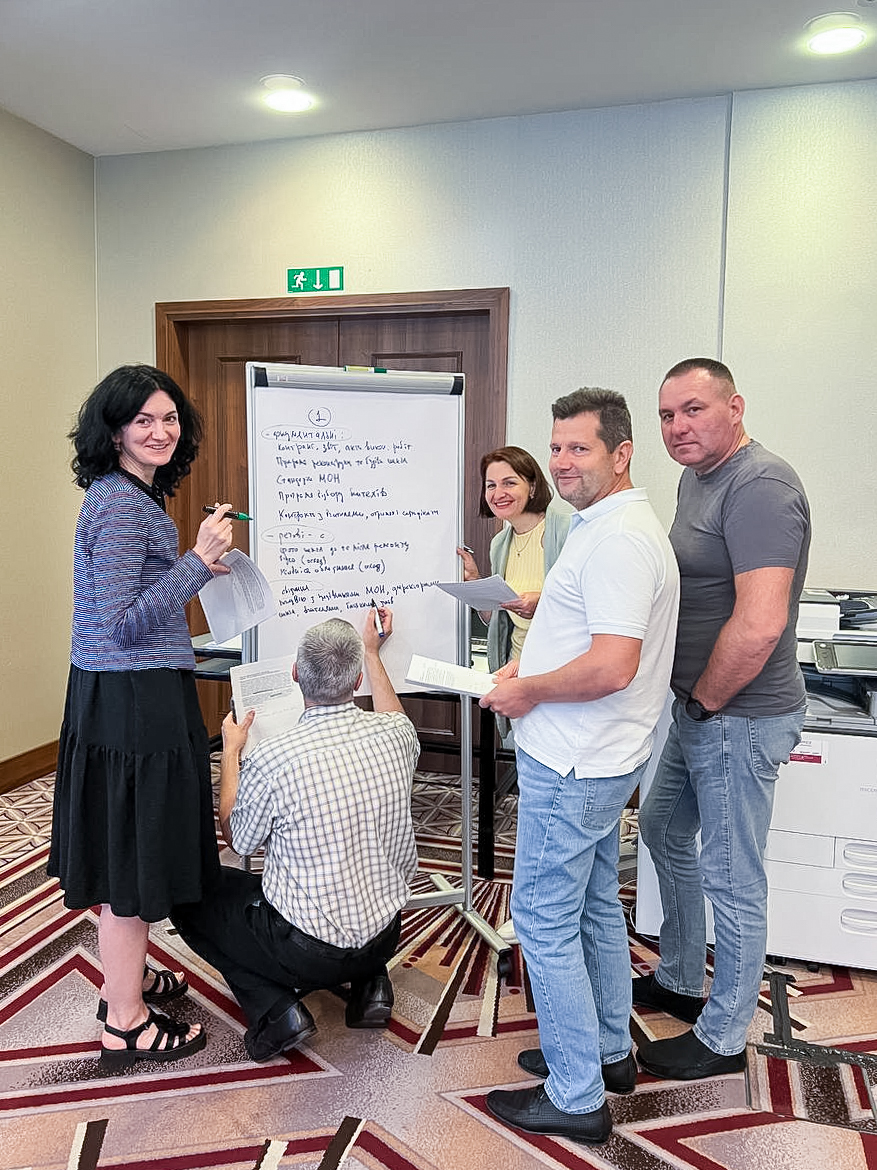
At the training, the participants, particularly 26 representatives including two members of the Accounting Chamber of Ukraine, were divided into three groups to develop plans (design matrices) for these audits. The developed design matrices will become the basis for the above-mentioned audits.
‘Currently, the Accounting Chamber of Ukraine conducts all audits according to ISSAI standards. This requires our auditors to change their approaches, in particular, under proceeding and conducting audits. At this stage, the experience of our colleagues from such leading global supreme audit institution as the GAO is extremely valuable for us. Along with, cooperation under the advisory support format allows auditors not only to get acquainted with this experience, but also to apply it in practice,’ Kyrylo Klymenko, a member of the Accounting Chamber of Ukraine said.
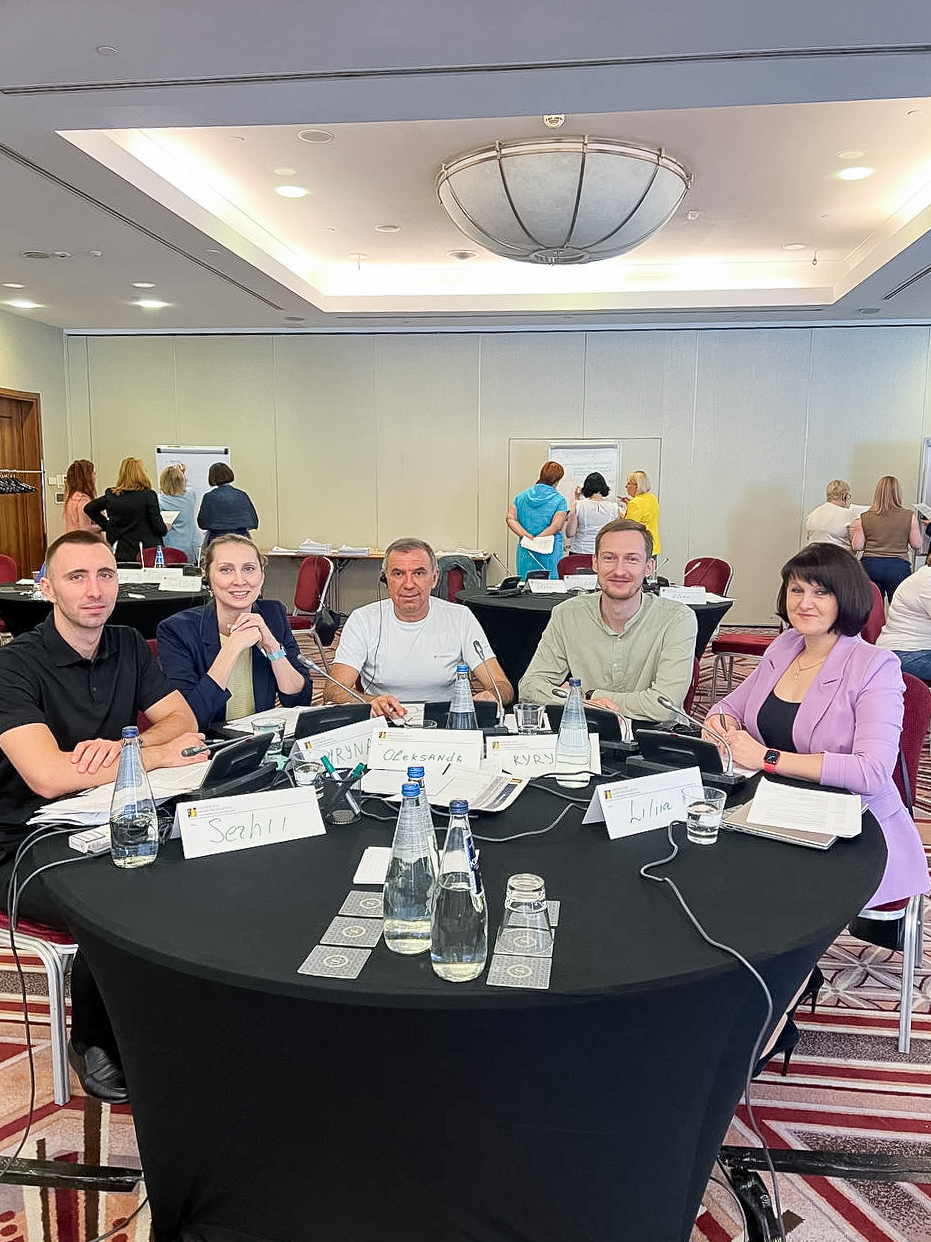
In his turn, Gennadiy Plis, a member of the Accounting Chamber of Ukraine, pointed out the high requirements to the evidence base applied by the GAO:
‘This training is especially helpful for the new employees of the Accounting Chamber of Ukraine, as the trip was attended by auditors who have been working for up to two months. The main thing that the GAO representatives drew attention to was that every statement in the report should be supported by evidence, and this evidence should be documentary, testimonial (interviews), physical and analytical. The experts spoke about the specifics of data collection within the GAO. This is a very valuable and important experience.’
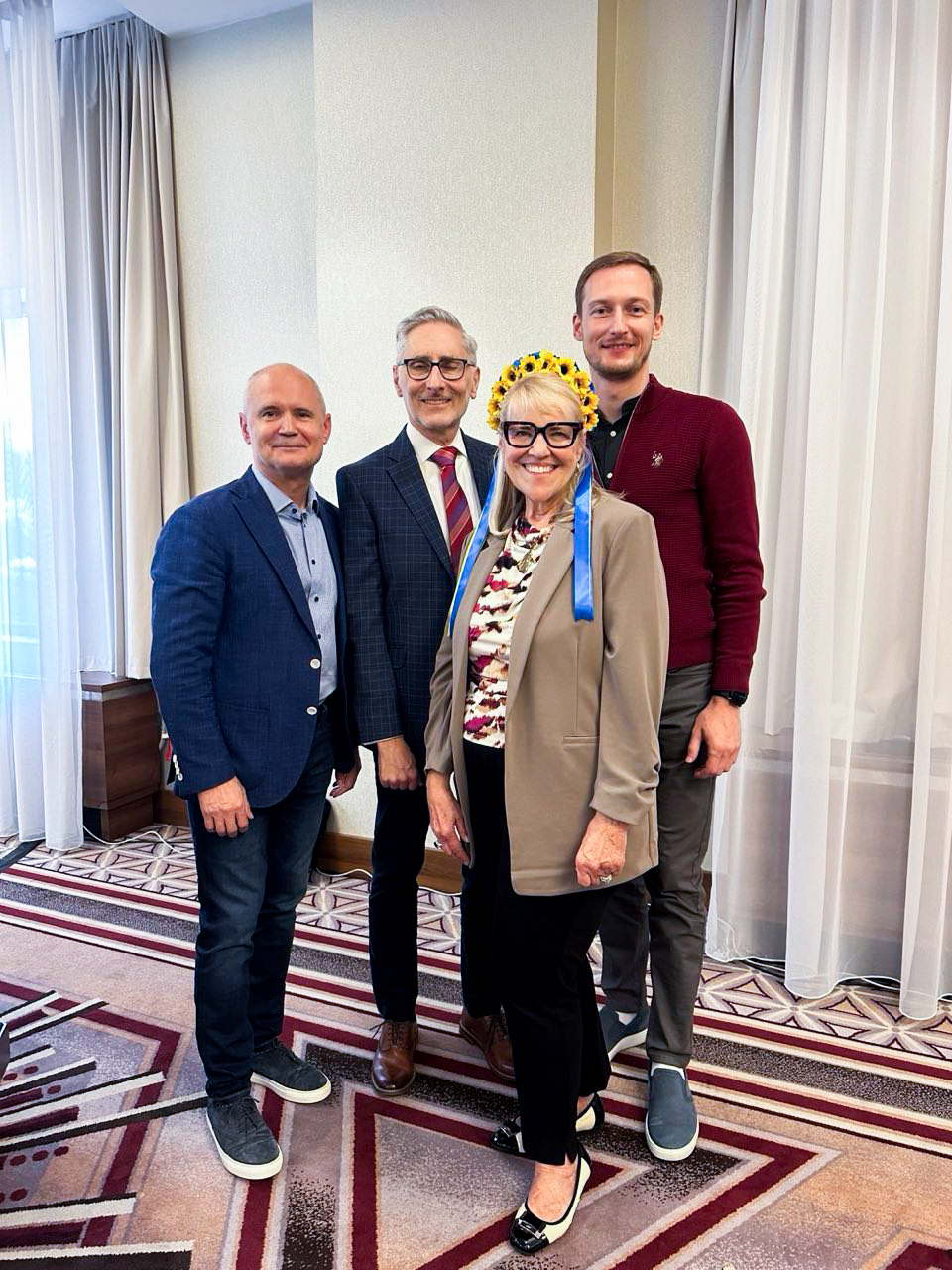
It should be noted that a number of similar trainings have been held before. The event was organised within the framework of the international technical assistance project ‘Strengthening the Capacity of the Accounting Chamber of Ukraine’ with the support of the US Agency for International Development (USAID).




